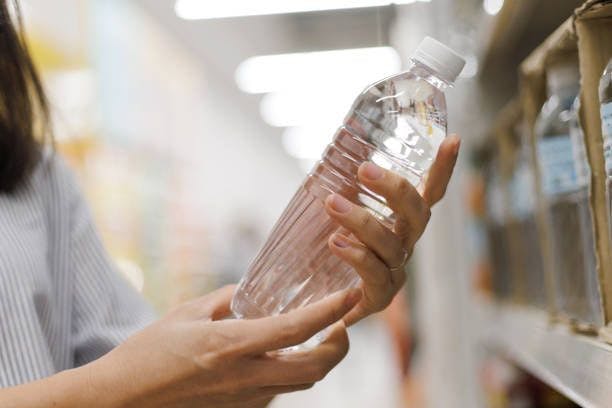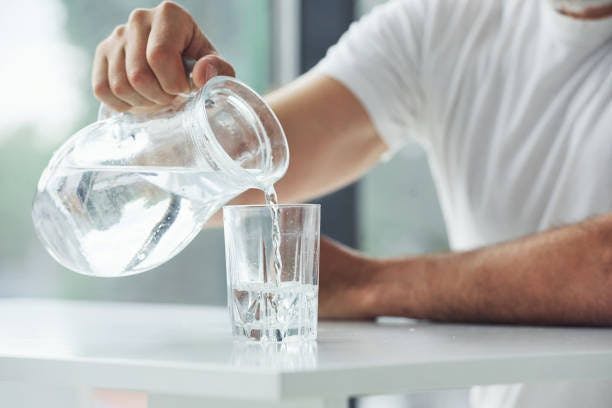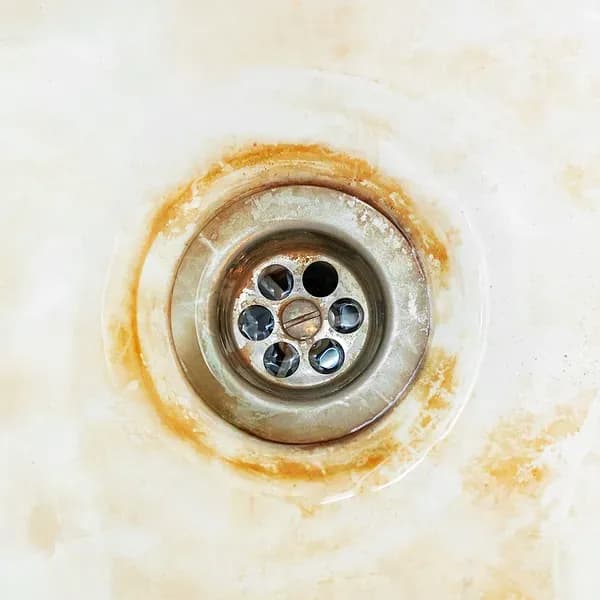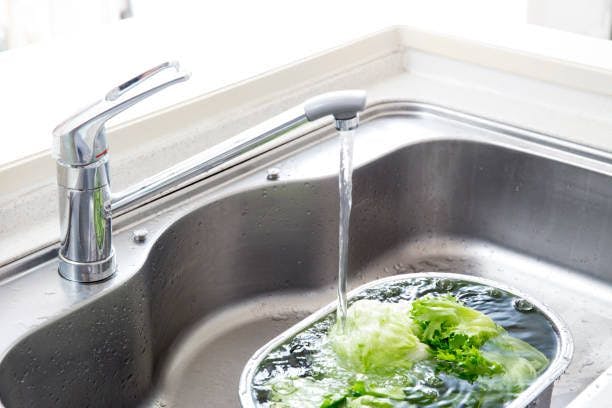Published Apr 15, 2024
Find out what researchers discovered when they compared a bottle of Fiji Water to a glass of tap water.
The pricing difference between filtered water and tap water is decreasing, with Fiji water and other types of filtered water routinely marketed at prices significantly higher than normal water. The appeal of filtered water as the best option is heavily highlighted, although the justification for its high cost is occasionally addressed.
As indicated by research, the expense of filtered water can be several times greater than that of tap water when the cost of production, packaging, and labeling is taken into account. While Fiji Water is generally recognized as a premium brand, the financial burden on consumers is significant, raising questions about the value and necessity of purchasing bottled water versus tap water.
The economic impacts extend beyond the individual consumer. The high cost of bottled water also affects environmental and resource allocation issues. Bottled water production and transportation require a significant amount of energy and resources, contributing to its high cost compared to tap water, which is readily available through local infrastructure. Thus, the economic argument against bottled water is strong, emphasizing not only the individual cost but also larger environmental and resource efficiency considerations.
There is a chance that bottled water is not as pure as tap water.
Research suggests that this may not always be the case, despite the general impression that bottled water is the best option available because of its safety and purity. Studies comparing products such as Fiji water to tap water have yielded startling results. In some circumstances, tap water outperforms bottled water in terms of quality and safety. Tap water regulatory standards are frequently stricter than those for bottled water, necessitating more thorough testing and monitoring.
The filtered water sector is not immune to impurity difficulties. Concerns over filtered water's assumed superiority over faucet water are raised by instances of it being inspected due to contamination with artificial substances or microbes. Furthermore, the plastic packaging used to package filtered water can contribute to water pollution since, over time, chemicals like bisphenol A (BPA) may leak into the water and pose health risks.
The value of bottled water that Americans purchase per week. alone could circle the globe five times!
It is incredible how much bottled water is consumed in the US. Each week, enough bottled water is brought to the earth several times over. This shocking figure highlights the extent of bottled water use and its consequent effects on the environment. Bottling, shipping, and disposing of the best bottled water require large amounts of energy and environmental resources, which increases waste and pollution.
Even imported goods like Fiji water have a large carbon footprint when they are transported. Customers need to reconsider their alternatives and switch to more ecologically friendly practices like drinking tap water and using refillable water bottles in light of the rising popularity of bottled water.
Paying for bottled water makes us chumps.
The idea that people are being tricked into paying for bottled water, which is frequently on par with or worse than tap water, is starting to catch on. Brands like Fiji Water are prime examples of how bottled water is marketed as a high-end product, capitalizing on the ease and perceived quality of the product. But the knowledge of tap water equal, if not better, purity and the needless cost of bottled water are challenging this belief more and more.
Paying for bottled water is considered unreasonable due to its financial and environmental costs, as well as its questionable benefit compared to tap water. Customers are asked to think twice about the benefits of bottled water and to examine the useful and environmentally friendly tap water replacement.
Bottled water is finite.
There are concerns regarding the cleanliness and security of filtered water, despite the pure and clean image that is often associated with it. Studies and reports have drawn attention to situations in which contaminants and declines found in filtered water failed to meet standards for ordinary water. The problem of cleanliness in filtered water extends beyond water quality; it also involves the assembling system and the risk of contamination during storage and transportation.
Though it may sound harsh, the word "filthy" draws attention to the skeptic's point of view regarding the purported purity of bottled water. The cleanliness of bottled water is an issue of concern that deserves consumer attention because of the harm that plastic trash causes to the environment and the possible health hazards that come with chemicals seeping from plastic bottles.
Throughout the world, 750 million people lack access to safe water.
A sizable section of the world's population lacks access to any clean water, while customers in developed nations argue over the benefits of tap water vs. Fiji water. There is a stark disagreement in many parts of the world when people spend a lot of money on bottled water while others cannot afford basic water access. The necessity for equitable and sustainable water management techniques is highlighted by the worldwide water crisis.
The problem includes the choices made by individual consumers and tackles broader subjects like environmental sustainability, asset allocation, and social equity. The fact that a sizable portion of people worldwide lack access to clean water should prompt a Re-evaluation of water consumption habits, particularly the reliance on environmentally harmful filtered water. This viewpoint raises ethical concerns about unwarranted consumption of filtered water and highlights the importance of addressing global water scarcity as a fundamental sustainability issue.
One Green Filter offers soft, pure water that not only ensures cleaner laundry, spotless dishes, and longer-lasting appliances but also promotes healthier skin, hair, and hydration to enhance your overall quality of life. Enjoy the benefits of purified water with One Green Filter, serving customers all across the United States.







